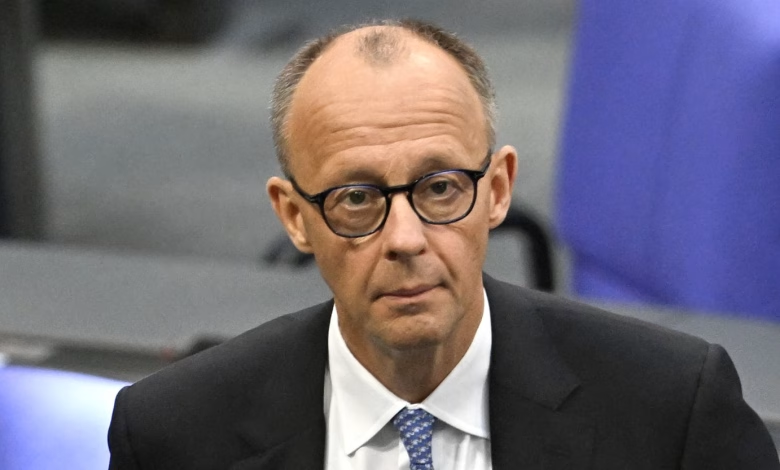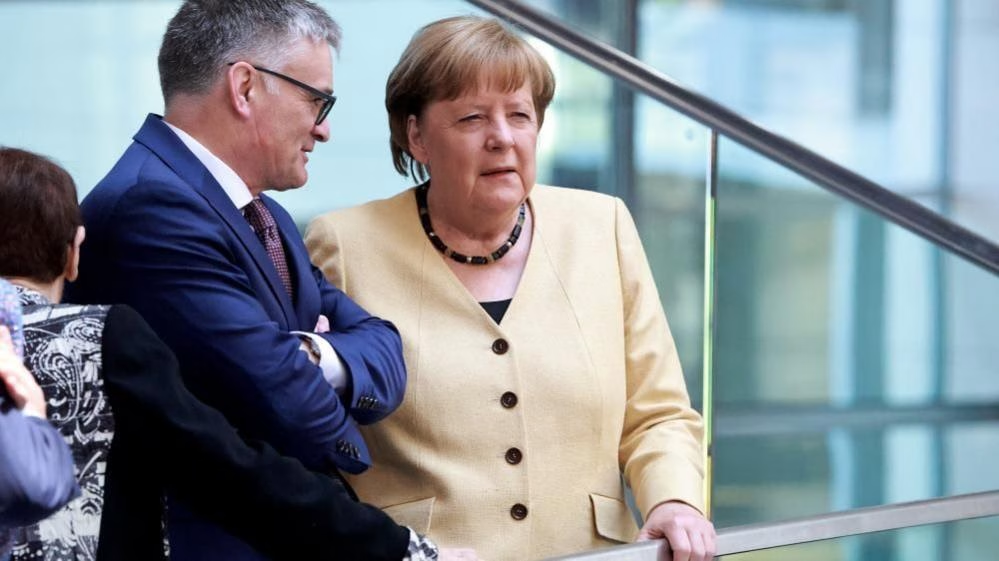Friedrich Merz’s Setback in Chancellor Vote

- The vote result (310 out of 316 votes needed) was a blow to Merz’s ambitions and political standing
- The second vote was scheduled after a brief confusion, with pressure mounting from within his coalition
- Merz’s defeat threatens the stability of the newly formed coalition with the SPD and could lead to splits within his party
Friedrich Merz, leader of Germany’s conservative party, fell short of a majority in a crucial parliamentary vote on Tuesday to become the new chancellor, marking an unprecedented event in modern German politics.
Merz, who had won the federal elections in Germany two and a half months ago, required 316 votes in the 630-seat Bundestag but secured only 310. This setback comes despite the coalition’s overall parliamentary majority, with 18 members unexpectedly dissenting from supporting him. The vote was followed by a second attempt later in the afternoon, and if no majority is reached within 14 days, a candidate could be elected with a simple majority.
The failure was a significant blow to Merz’s leadership, with political commentators viewing it as a humiliation for the Christian Democrat leader. Some speculated that dissatisfaction from members of the Social Democratic Party (SPD) contributed to his defeat. However, SPD officials maintained that their party remained committed to the coalition.

Merz’s defeat raises doubts about the stability of the new coalition government, which includes the SPD and the conservatives. The far-right party Alternative for Germany (AfD) seized on the situation, calling for fresh elections, while the Green Party expressed concerns about potential chaos. Despite the setback, Merz remains hopeful of securing the chancellorship in the second vote.
The coalition agreement between conservatives and the SPD is viewed as more stable than the previous “traffic-light coalition” that collapsed last year. Merz had promised to boost Germany’s global standing and revive its economy, but concerns about German exports and weak consumer spending remain.






